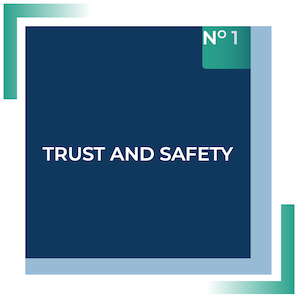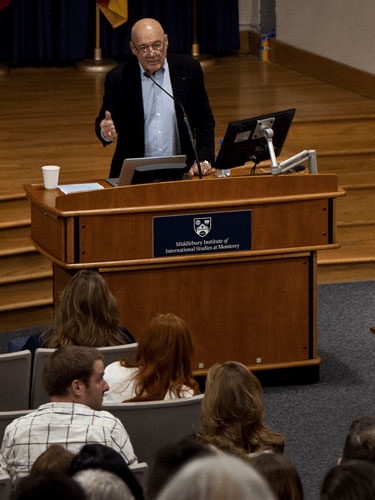A Darker Strain of Environmentalism
| by Olivia Kilborn
As Executive Director of CTEC, I am proud to share this Michael Donnelly Research Fellowship report—part of a tradition of rigorous, student-led analysis that reflects the very best of our Institute. Like the Donnelly Fellow reports that came before it, this paper is published in honor of Michael Donnelly, a late friend and colleague whose legacy lives on through this fellowship supporting underrepresented MIIS students.
This report was written by Olivia Kilborn, a CTEC Michael Donnelly Research Fellow and an M.A. candidate in Nonproliferation and Terrorism Studies at MIIS. In A Darker Strain of Environmentalism, Kilborn examines the resurgence of ecofascist rhetoric in the context of the climate crisis and asks a timely question: how do online eco-fascist subcultures and far-right European political parties draw on ecofascist ideology—where do their rhetorical strategies converge, and where do they diverge? By comparing narratives across mainstream political arenas and extremist digital spaces, the report helps clarify how climate anxiety, migration politics, and identity-based grievance can be braided into exclusionary—and potentially violent—worldviews.
— Jason M. Blazakis, CTEC Executive Director






